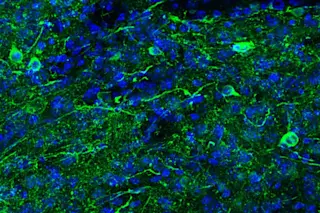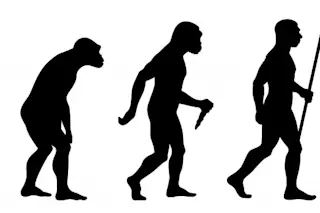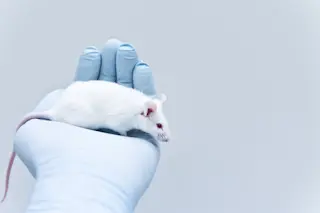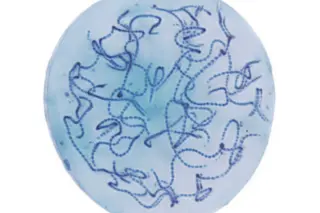Trends in Genetics has a review article, The genetics of politics: discovery, challenges, and progress. The main reason I point to these sorts of papers isn't that I think they're revolutionary. Usually they aren't. Rather, the public domain has totally forgotten about this domain of study. Most of the informed and high-toned discussion presumes that almost everything of worthy note is socially constructed. If not, then the counterpoint is a crude caricature of genetic determinism which is refutable in a blink of the eye. It's as if someone was commissioned to paint R. Daneel Olivaw, and ended up using crayon to sketch out the Frankenstein monster. For example, in sex differences the public debate veers between evolutionary psychological Leave It To Beaver, pre-scientific cultural traditionalism, and de facto Blank Slatism. On the one hand you have to deal with people who use "scare quotes" around the "highly speculative" "hypothesis" that ...
A political animal in the genes
Discover the genetics of politics and how they shape our ideologies and party affiliations, revealing deep-rooted influences on behavior.
More on Discover
Stay Curious
SubscribeTo The Magazine
Save up to 40% off the cover price when you subscribe to Discover magazine.
Subscribe












